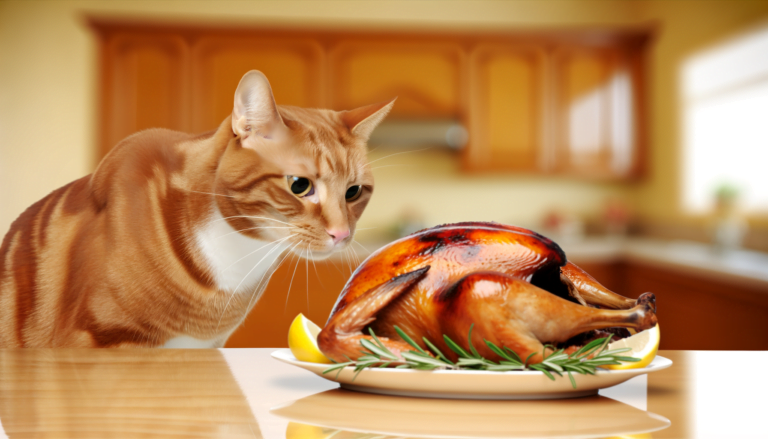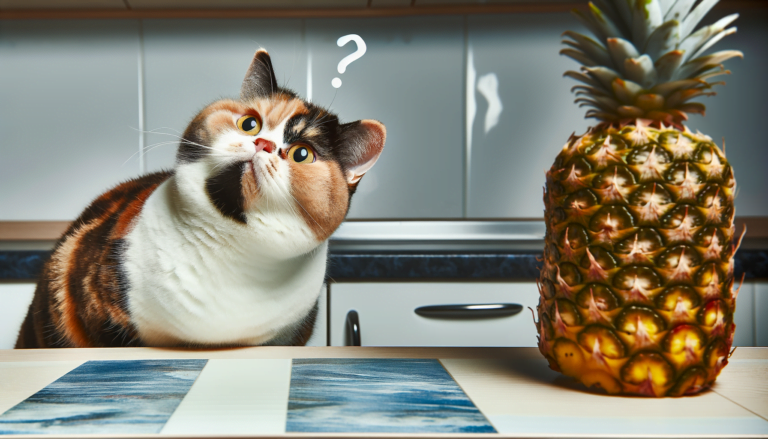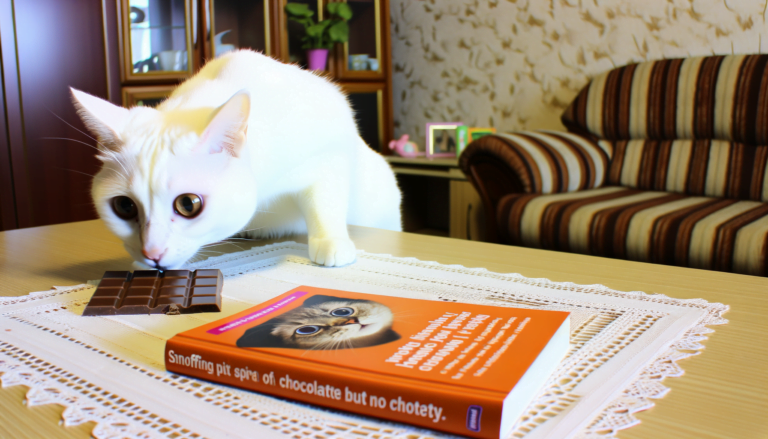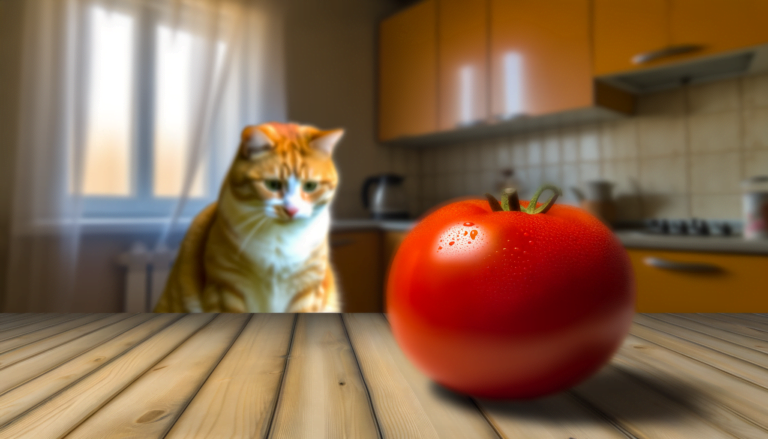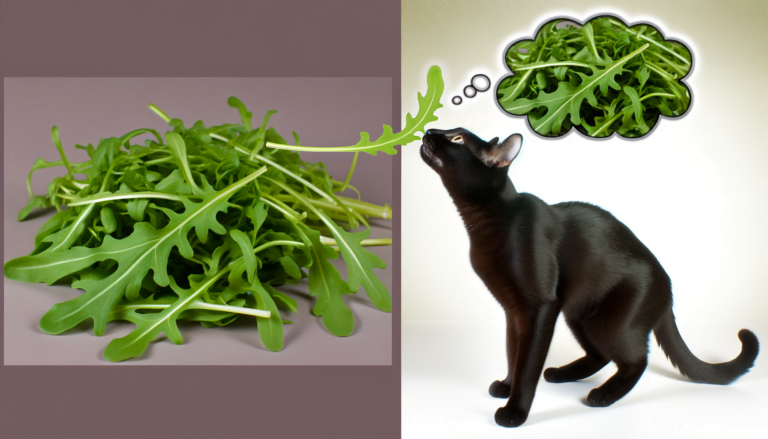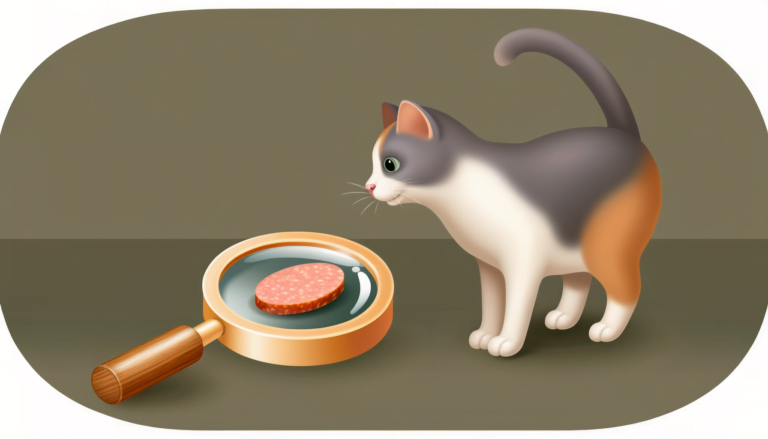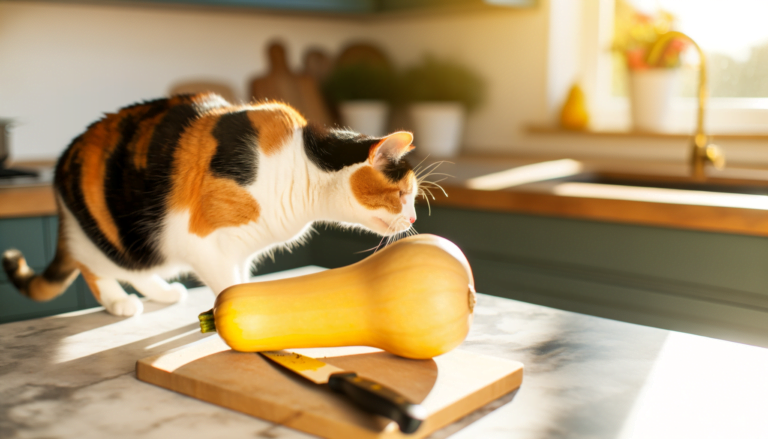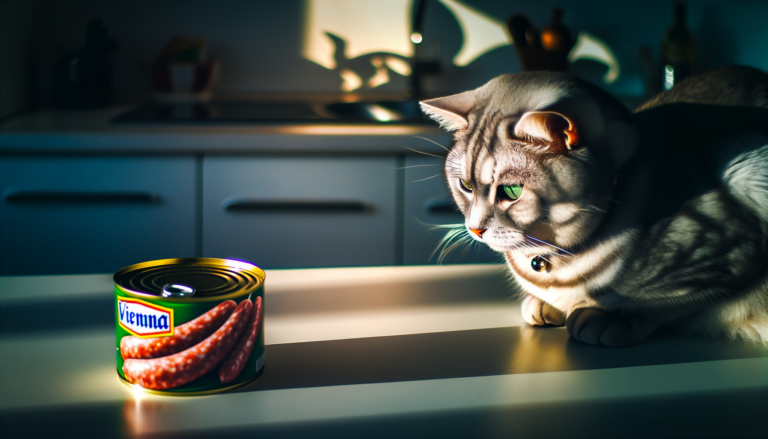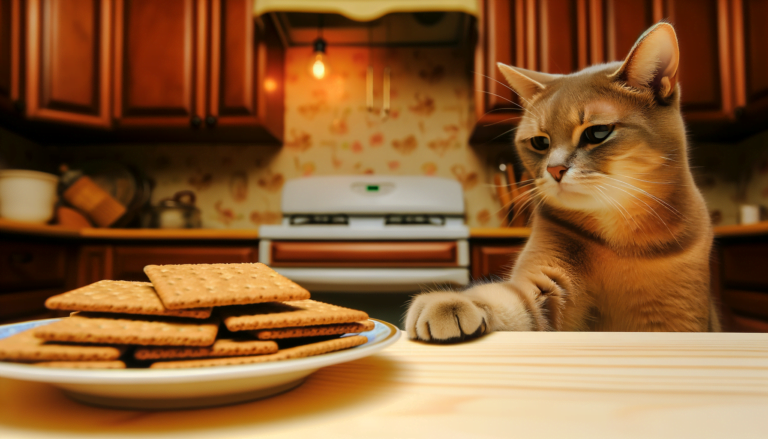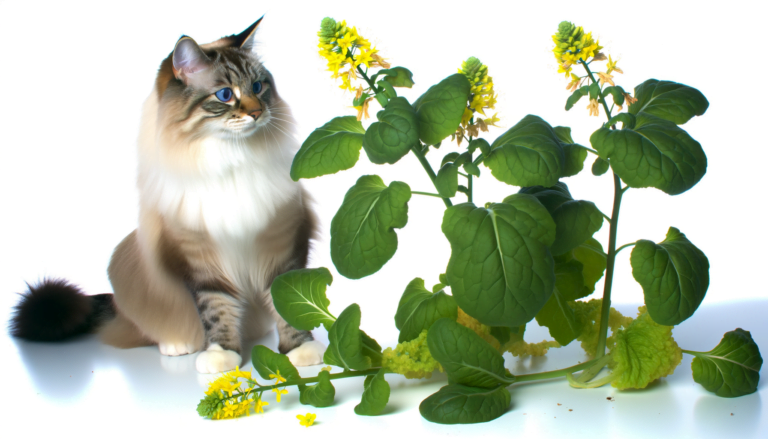Unraveling the Mystery: Can Cats Safely Feast on Turkey?
Yes, cats can safely consume turkey. Being carnivores, cats have a natural inclination towards meat, and turkey fits well within their dietary needs. It is advisable, however, to serve it cooked and unseasoned, avoiding harmful additives like garlic or onions. Additionally, the turkey should be bone-free to prevent potential choking hazards. This lean protein source can be a fitting part of a balanced feline diet.
